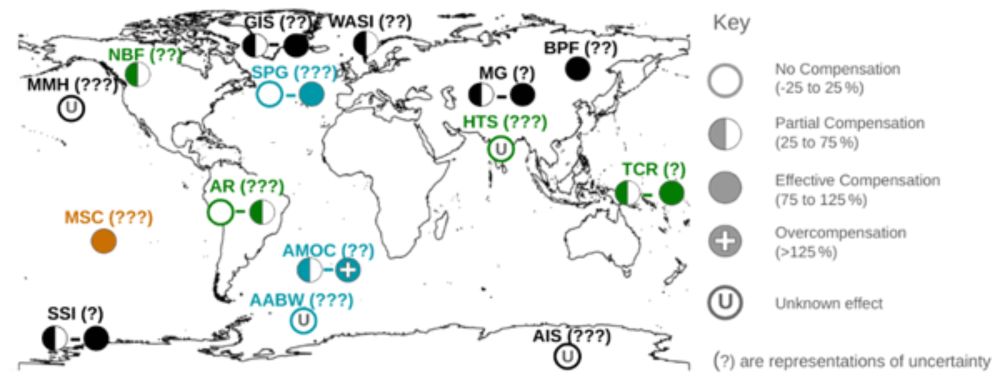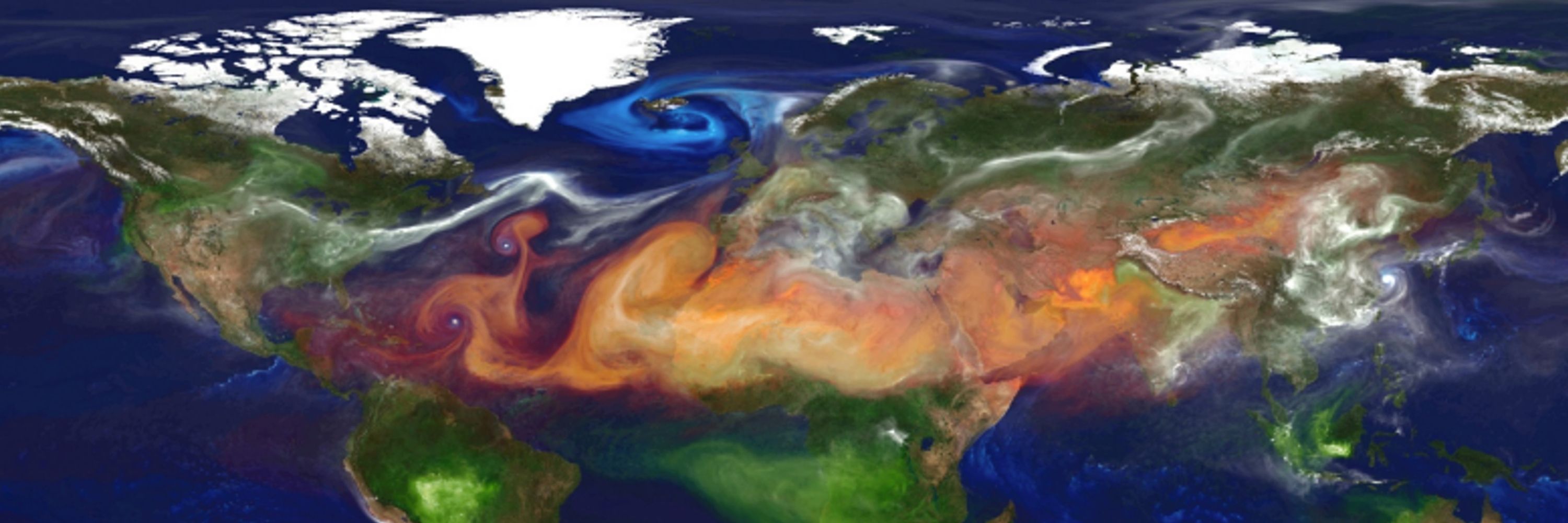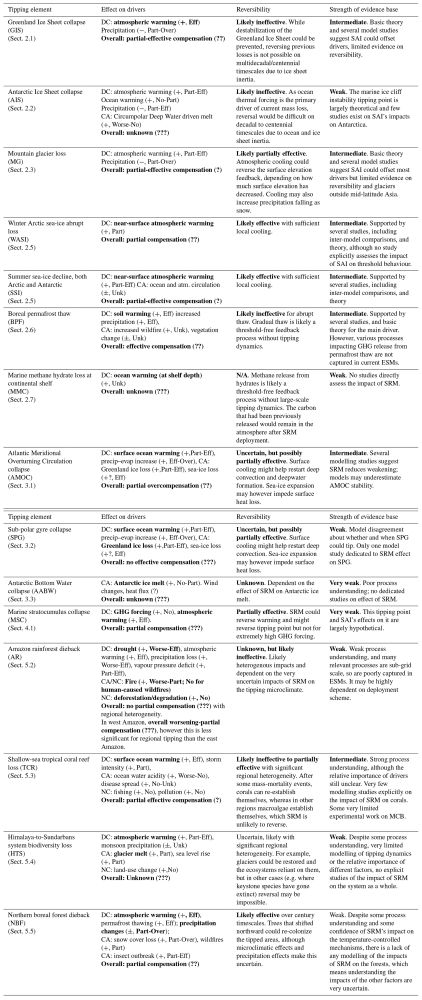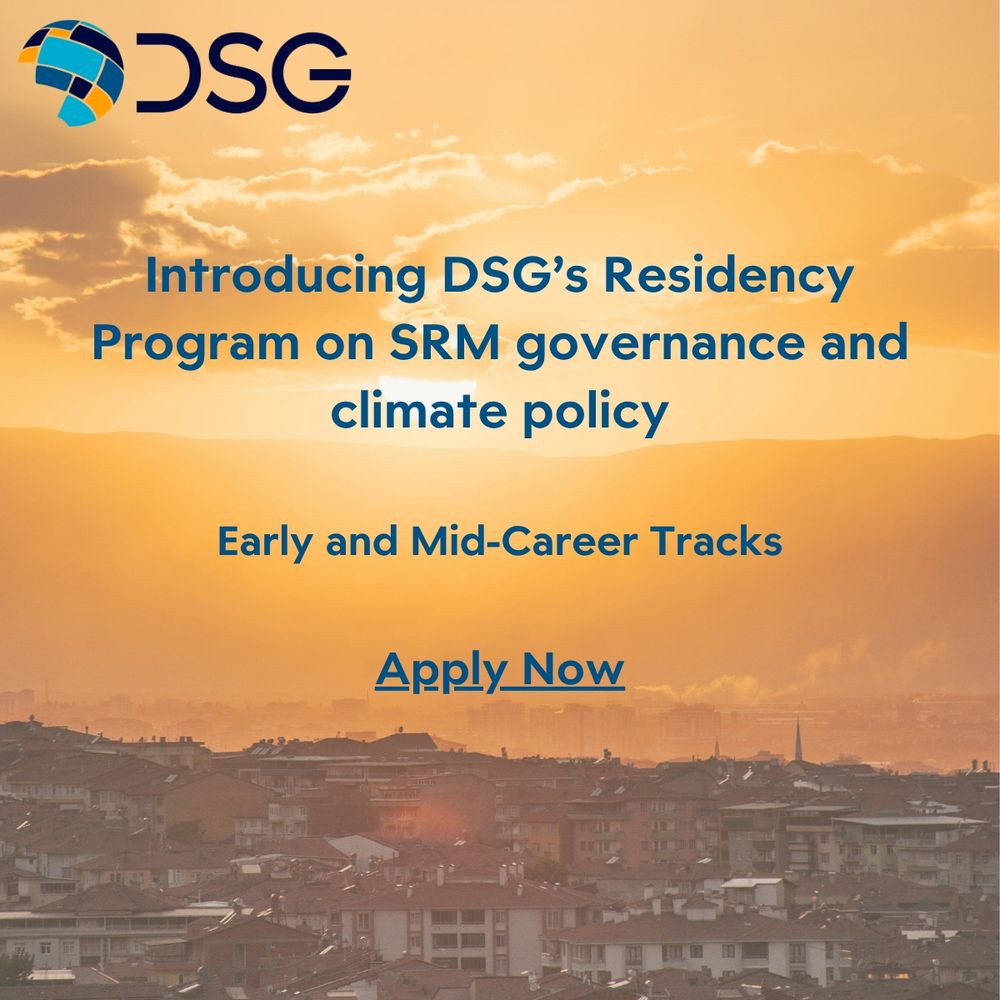Ali Duffey
@aliduffey.bsky.social
200 followers
570 following
91 posts
Climate science, solar geoengineering, arctic change
PhD student at University College London
Posts
Media
Videos
Starter Packs
Reposted by Ali Duffey
Ali Duffey
@aliduffey.bsky.social
· Sep 9
Ali Duffey
@aliduffey.bsky.social
· Sep 9
Ali Duffey
@aliduffey.bsky.social
· Sep 9
Ali Duffey
@aliduffey.bsky.social
· Sep 9
Ali Duffey
@aliduffey.bsky.social
· Sep 9
Ali Duffey
@aliduffey.bsky.social
· Sep 9
Ali Duffey
@aliduffey.bsky.social
· Sep 9
Reposted by Ali Duffey
Reposted by Ali Duffey
Hannah Ritchie
@hannahritchie.bsky.social
· Jul 14

Ed Miliband would let a turbine farm destroy Brontë country. We need net zero, but at what cost? | Simon Jenkins
Of course the climate crisis must be confronted, but history, tranquility and beauty must also count for something, says Guardian columnist Simon Jenkins
www.theguardian.com
Ali Duffey
@aliduffey.bsky.social
· Jul 14
Ali Duffey
@aliduffey.bsky.social
· Jul 12
Ali Duffey
@aliduffey.bsky.social
· Jul 11
Ali Duffey
@aliduffey.bsky.social
· Jul 11
Ali Duffey
@aliduffey.bsky.social
· Jul 11
Ali Duffey
@aliduffey.bsky.social
· Jul 11
Ali Duffey
@aliduffey.bsky.social
· Jul 11

The interaction of solar radiation modification with Earth system tipping elements
Abstract. The avoidance of hitting tipping points has been invoked as a significant benefit of solar radiation modification (SRM) techniques; however, the physical science underpinning this has thus f...
esd.copernicus.org
Reposted by Ali Duffey
Ali Duffey
@aliduffey.bsky.social
· Jul 6







